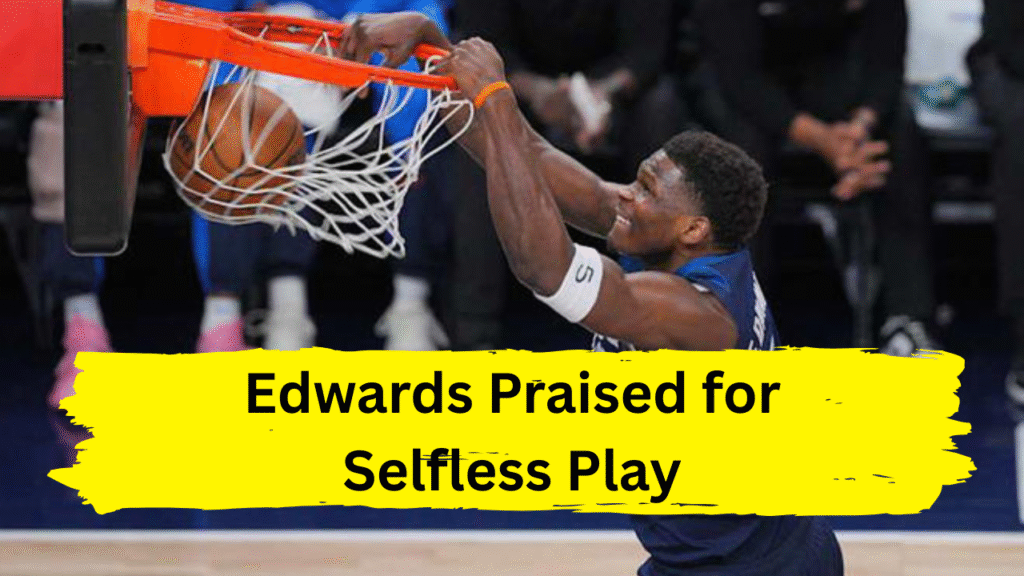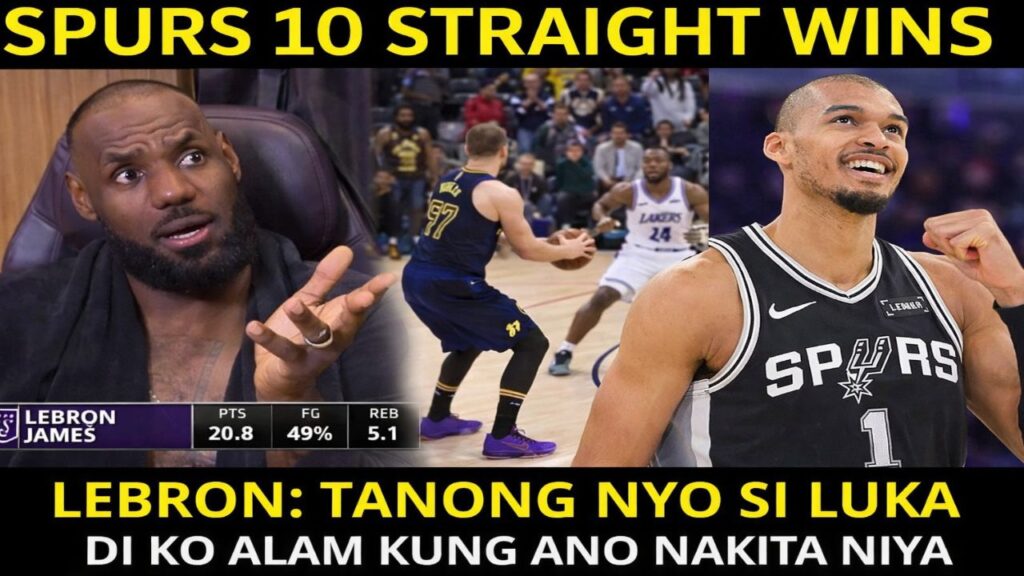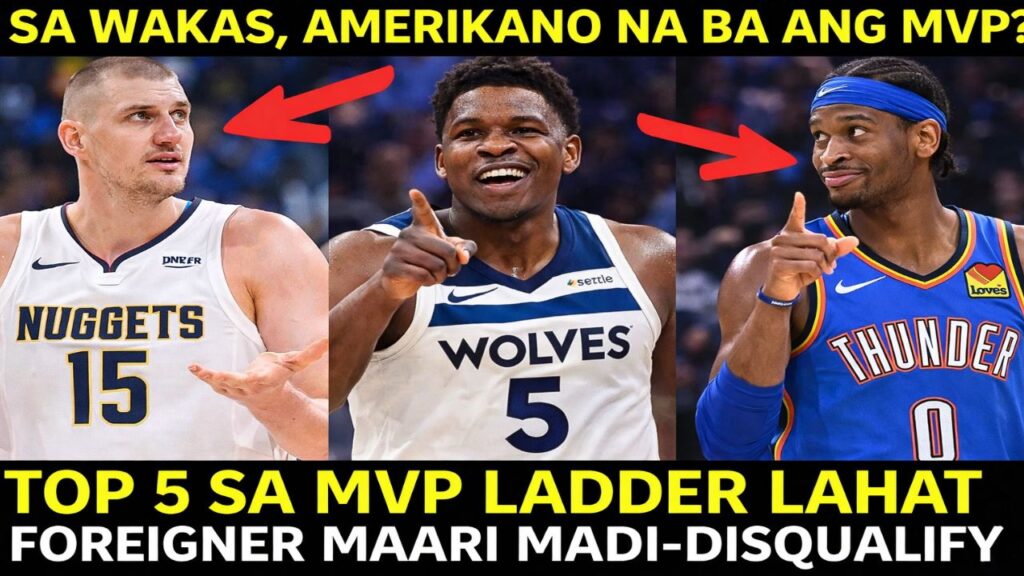Anthony Edwards has always been a player defined by his explosive athleticism and scoring prowess. But in the 2025 NBA playoffs, the Minnesota Timberwolves’ rising star is redefining his legacy—not through highlight-reel dunks alone, but through a maturity and selflessness that have elevated his team to the brink of the NBA Finals. As the Timberwolves claw back into the Western Conference finals against the Oklahoma City Thunder, Edwards’ ability to balance individual brilliance with team-first play has drawn widespread acclaim from teammates, coaches, and analysts alike.
A Star Embracing the Bigger Picture
Edwards’ playoff statistics speak volumes: 26.5 points, 8.2 rebounds, and 5.7 assists per game through 13 postseason contests . Yet numbers only tell part of the story. In Game 3 against the Thunder, with Minnesota facing an 0-2 series deficit, Edwards delivered a masterclass in leadership. He erupted for 30 points, nine rebounds, and six assists in just three quarters, outscoring Oklahoma City’s entire team 16-14 in the first quarter alone . But what stood out wasn’t just his scoring—it was his willingness to trust his teammates.
After a humbling Game 2 loss, where Edwards admitted he “wasn’t worthy” of his All-NBA selection, he vowed to recalibrate. “I had to look in the mirror and realize this isn’t about me,” he said postgame. The result? A historic 143-101 victory, the largest margin of defeat ever inflicted on a 65-win team in NBA history . By deferring to role players like Terrence Shannon Jr. (15 points off the bench) and Julius Randle (24 points), Edwards showcased a newfound understanding of when to dominate and when to empower others .
The Ripple Effect of Unselfishness
Minnesota’s supporting cast has thrived under Edwards’ unshakable confidence in them. Rookie Terrence Shannon Jr., who set a franchise record for playoff points off the bench by a rookie, credited Edwards’ encouragement: “He’s always telling me to stay ready, that my moment will come. When it did, he made sure I knew I belonged here” . Similarly, Rudy Gobert, often criticized for his offensive limitations, has flourished as a pick-and-roll partner with Edwards, whose improved passing has created easy looks for the defensive anchor .
Coach Chris Finch highlighted Edwards’ growth as a decision-maker: “He’s learning to read the game, not just react. When he draws double-teams, he’s finding the open man instead of forcing shots. That’s how you elevate a team” . This adaptability was on full display in Game 3, where Edwards’ six assists—many to corner three-point shooters—helped Minnesota sink 20 threes at a 50% clip, dismantling Oklahoma City’s defense .
Leadership Beyond the Stats
Teammates have consistently praised Edwards’ intangible impact. Mike Conley, the veteran point guard, noted, “Ant’s energy is contagious. Even when he’s not scoring, he’s hyping guys up, diving for loose balls, or locking down on defense. That kind of effort rubs off on everyone” . This was evident in Minnesota’s defensive turnaround after Games 1 and 2. Edwards’ commitment to hounding Shai Gilgeous-Alexander (holding the MVP to a playoff-low 14 points in Game 3) set the tone for the Wolves’ renewed physicality .
Julius Randle, who rebounded from a dismal Game 2 to contribute 24 points in Game 3, emphasized Edwards’ role in his resurgence: “Ant pulled me aside and said, ‘We need you to be you.’ That trust means everything when you’re struggling” . Such moments underscore Edwards’ emotional intelligence—a trait rarely seen in 23-year-olds thrust into the playoff spotlight.
A New Blueprint for Success
Edwards’ evolution mirrors Minnesota’s playoff journey. Early in the season, the Wolves relied heavily on his iso-heavy heroics. But as the stakes rose, so did their collective identity. In their first-round series against the Lakers, when Edwards had an off night, role players like Gobert and Naz Reid stepped up to close out the series—a testament to the culture of accountability Edwards helped foster .
Now, facing an Oklahoma City team that dominated the regular season with 68 wins, Edwards’ selflessness has become Minnesota’s greatest weapon. By sacrificing personal glory for team success, he’s dismantling the notion that young stars can’t lead with humility. As Finch put it, “Ant’s not just playing for himself anymore. He’s playing for Minnesota” .
The Road Ahead
With the series shifting back to Minneapolis for Game 4, Edwards faces his toughest test yet: sustaining this balance against a Thunder squad eager to avenge their Game 3 humiliation. Yet if there’s a lesson from his breakout performance, it’s that Edwards thrives under pressure—not by shouldering the load alone, but by elevating those around him.
In a league often obsessed with individual accolades, Anthony Edwards is proving that true greatness lies in making everyone else better. And for the Timberwolves, that philosophy might just be the key to reaching their first NBA Finals.
For more on Anthony Edwards’ playoff journey and the Timberwolves’ historic run, follow our ongoing coverage of the Western Conference finals .


